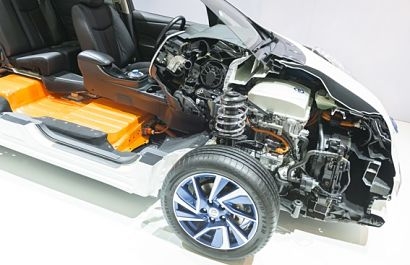
The EV industry is now in a position to influence the outcome of key international negotiations that could, as early as next year, open up international waters to the mining of nickel, cobalt and rare earth metals used in EV batteries and other low-carbon infrastructure.
Right now, minerals powering EV batteries are exclusively mined on land. Discoveries of these minerals in the ocean seabed have inspired mining companies worldwide to push for permission to mine them from the International Seabed Authority, an international body established by the United Nations to oversee the development of all rules relating to mining in international waters.
With much still unknown about the potential social, economic and environmental impacts of commercial-scale seabed mining, experts are calling for a moratorium on ocean mining so there is time to close this knowledge gap. Initial studies suggest digging up the seafloor inflicts long-lasting, if not permanent, damage, to the ocean - with loss of marine life and deep-sea habitats, noise and light pollution, the disruption of deep-sea carbon sinks, and possible harm to tuna and other fisheries, among the direct and indirect impacts.
Meanwhile, stepping up innovations in battery chemistry, technology and recycling--topics that will be under discussion at the EV events this week - will reduce the industry’s need for these minerals and potentially entirely eliminate the need to mine the oceans.
For additional information:

